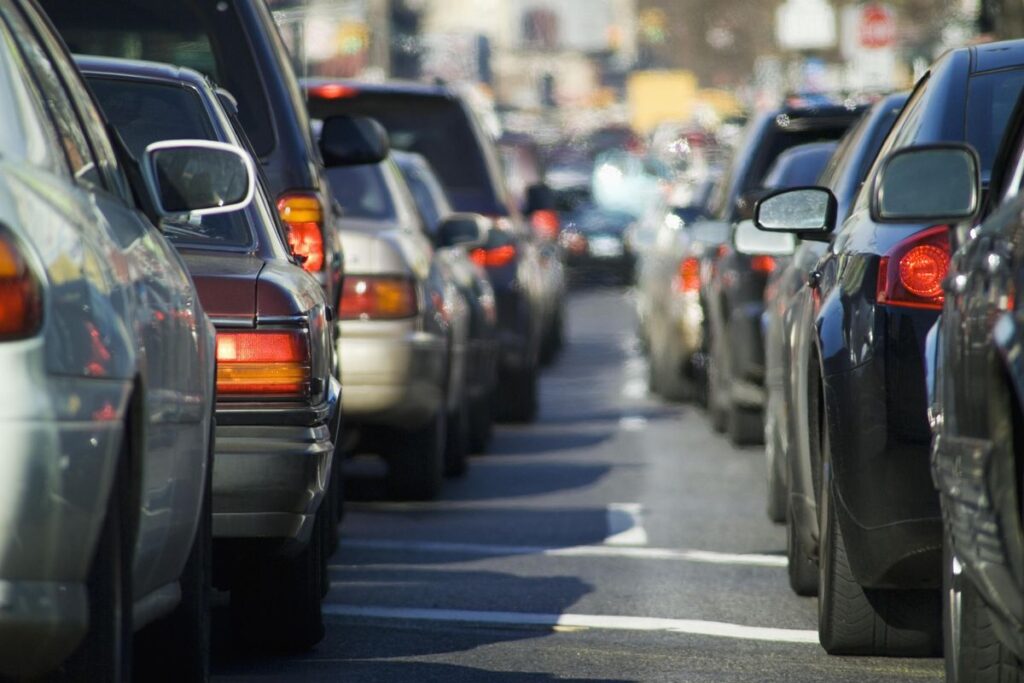Philadelphia, one of America’s oldest and most historic cities, has witnessed profound transformations in various sectors over the centuries, and the automotive industry is no exception. From the early days of horse-drawn carriages to the advent of electric vehicles, the evolution of automotive sales in Philadelphia mirrors the broader changes in technology, economy, and consumer behavior. This article delves into the history, key milestones, and future trends shaping the automotive sales landscape in the City of Brotherly Love.
Early Days: The Dawn of Automobiles
The introduction of the automobile in the late 19th and early 20th centuries marked a significant shift in Philadelphia’s transportation landscape. The first automobiles were luxury items accessible only to the wealthy. These early cars were sold through exclusive dealerships and often required custom orders, as mass production was still in its infancy.
Philadelphia’s rich industrial base and status as a major port city facilitated the early adoption of automobiles. Local entrepreneurs quickly recognized the potential of the automotive industry, leading to the establishment of some of the first car dealerships. These businesses sold vehicles and provided essential services like maintenance and repairs, laying the foundation for a burgeoning automotive sales market.
The Rise of Mass Production: 1920s to 1940s
The 1920s brought a seismic shift with Henry Ford’s introduction of assembly line production, making cars more affordable for the average American. This era saw a boom in automotive sales in Philadelphia as cars became a staple of middle-class life. Dealerships proliferated, often family-owned businesses that formed the backbone of the local economy.
The Great Depression of the 1930s slowed automotive sales, but the industry rebounded during World War II, as many factories were repurposed for wartime production. Post-war prosperity in the late 1940s and 1950s led to a golden age for the automotive industry. Suburbanization fueled demand for personal vehicles, and Philadelphia saw a surge in car ownership and dealership openings.
The Muscle Car Era: 1960s to 1970s
The 1960s and 1970s are often remembered as the heyday of the American muscle car. Philadelphia, with its deep-rooted car culture, was no exception. Dealerships showcased powerful, stylish vehicles like the Ford Mustang, Chevrolet Camaro, and Dodge Charger, attracting a new generation of car enthusiasts.
However, the 1973 oil crisis and subsequent economic challenges forced a shift in consumer preferences. Smaller, fuel-efficient cars became more popular, and foreign automakers like Toyota and Honda made significant inroads into the Philadelphia market. This period began a more diversified automotive sales environment, with an increasing presence of import brands.
Modern Era: 1980s to Present
The 1980s and 1990s saw continued diversification in the automotive market. Technological advancements, such as electronic fuel injection and the proliferation of safety features, became key selling points. Philadelphia’s dealerships adapted by expanding their offerings and investing in service departments to cater to the more sophisticated needs of modern vehicles.
The rise of the internet in the late 1990s and early 2000s revolutionized automotive sales. Online research and digital marketing became crucial tools for dealerships. Consumers in Philadelphia, like elsewhere, began using the internet to compare models, prices, and dealer reviews before making purchasing decisions. This shift required dealerships to adapt to a more informed and tech-savvy customer base.
The Electric and Autonomous Future
As the automotive industry stands on the brink of another significant transformation, the rise of electric vehicles is poised to reshape the landscape of automotive sales in Philadelphia. This transition is driven by technological advancements, increasing environmental awareness, and changing consumer preferences. Philadelphia, known for its resilience and adaptability, is at the forefront of these changes, actively embracing the future of transportation.
Electric vehicles (EVs) have gained substantial traction in recent years, spurred by advancements in battery technology, government incentives, and growing environmental concerns. Philadelphia’s adoption of EVs is a testament to its commitment to sustainable transportation. Local dealerships are expanding their inventory to include a wide range of electric and hybrid models, catering to the increasing demand from environmentally conscious consumers.
The city’s infrastructure is evolving to support the growth of EVs. The Philadelphia Parking Authority has proactively installed public charging stations across the city, making it more convenient for EV owners to recharge their vehicles. Additionally, various incentives, such as tax rebates and grants, are being offered to encourage the adoption of electric cars among residents and businesses.
Philadelphia is also home to several initiatives aimed at promoting electric mobility. For instance, the Clean Air Council and other environmental organizations are working closely with city officials to develop policies that support the widespread use of EVs. These efforts include advocating for stricter emissions standards and supporting programs that provide low-interest loans for purchasing electric vehicles.
Impact on Dealerships and Sales Models
The shift towards electric and autonomous vehicles is compelling traditional dealerships to rethink their sales and service models. As EVs require less maintenance than conventional vehicles, service departments are adapting by focusing on specialized training for technicians to handle advanced technologies. Dealerships, like Rolls Auto Sales in Philadelphia, are also investing in new equipment and infrastructure to service and repair electric and autonomous vehicles.
Moreover, the sales process is evolving to meet the needs of modern consumers. Digital showrooms, virtual test drives, and online purchasing platforms are becoming commonplace, offering a seamless and convenient car-buying experience. Dealerships in Philadelphia are embracing these changes, recognizing the importance of a strong online presence and the ability to engage with customers through digital channels.
The Bottom Line
The evolution of automotive sales in Philadelphia reflects broader trends in technology, economy, and consumer behavior. From the early days of luxury automobiles to the current shift towards electric and autonomous vehicles, the city’s automotive market has continuously adapted to meet changing demands. As Philadelphia embraces the future, its rich history and innovative spirit ensure it will remain a key player in the automotive industry for years.

